Search Results
Showing results 561 to 580 of 771

Witches' Potion Demonstration
Source Institutions
In this chemistry demonstration, learners will discover that phenolphthalein is an acid/base indicator. One learner will read a poem about four witches making a potion.
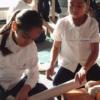
Invent on the Spot
Source Institutions
In this activity, learners design a device to solve a problem: how to get a ball out of a drain pipe.
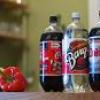
Make Your Own Soda Pop
Source Institutions
In this chemistry activity (page 8 of the PDF), learners will identify the instances of physical change, chemical change, and solutions while making homemade soda pop.
Soil Secrets
Source Institutions
In this activity (located at the bottom of the page), learners investigate soil and explore the creatures that live in it.
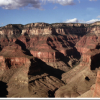
Signs of Life
Source Institutions
In this activity, learners examine photo images of Earth taken from space, and attempt to identify and explain some of our planet's geological features.
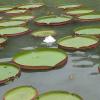
Sink It
Source Institutions
Learners classify a variety of objects by their characteristics. They then design an experiment to determine which objects float or sink in water and add this characteristic to their classification.
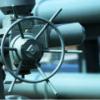
Pipeline Challenge
Source Institutions
In this activity, learners explore how engineers develop pipeline systems to transport oil, water, gas, and other materials over very long distances.
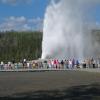
Tiny Geyser Models
Source Institutions
In this activity (located on page 2), learners will construct tiny model geysers out of film canisters, warm water, and antacid seltzer tablets.
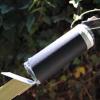
Periscope
Source Institutions
In this activity, learners construct a device that allows them to look over ledges or around corners.
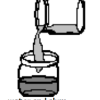
Cloudy Globs: Can You Make a White Gel From Two Clear Liquids?
Source Institutions
Using household materials, learners can make white gooey globs from clear solutions. Alum, dissolved in water, reacts with the hydroxide in ammonia to create aluminum hydroxide.
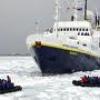
Float Your Boat
Source Institutions
In this physics activity, learners will explore buoyancy.
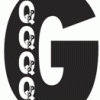
Fill it to Capacity
Source Institutions
In this math lesson, learners rotate through six estimating and measuring centers. First, learners read the book, "Room for Ripley" by Stuart J.
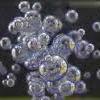
The Pressure's On
Source Institutions
In this chemistry activity, learners explore chemical reactions and their effects, including the kind of reaction in the human body that makes people burp!
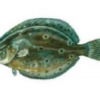
Ocean Home: Swimming Fishes
Source Institutions
In this activity, learners model, on a human-sized board game, how changes in water temperature may affect fish distributions and, ultimately, fisheries.
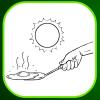
Solar Cooker
Source Institutions
Learners build a simple solar oven from a shoebox, black construction paper, and aluminum foil. Over the course of a few hours, the oven heats up water enough to brew tea.
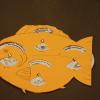
Fish Wheels
Source Institutions
In this activity, learners cut out and assemble wheels to explore how variations in fish body structures (mouth shape/position/teeth, body shape, tail shape, and coloration patterns) allow fish to sur
Size Them Up: Learning About Volume and Capacity
Source Institutions
In this activity, learners will put a set of containers in order by capacity. Would the tallest container hold more or less water than the wide, short one?
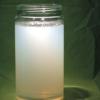
Why is the Sky Blue?
Source Institutions
In this activity, learners use a flashlight, a glass of water, and some milk to examine why the sky is blue and sunsets are red.
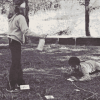
Silent Stalking
Source Institutions
In this outdoor game, learners role play predator and prey to explore the importance of keen hearing and silent stalking skills in the animal world.
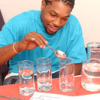
Real Glass Xylophone
Source Institutions
In this activity, learners create a xylophone by filling glasses with different amounts of water and tapping them with a metal spoon.
